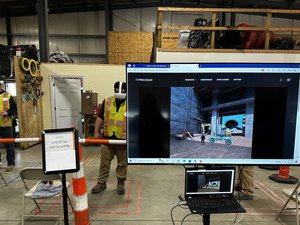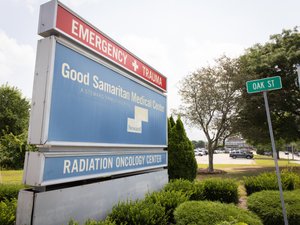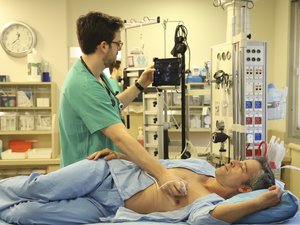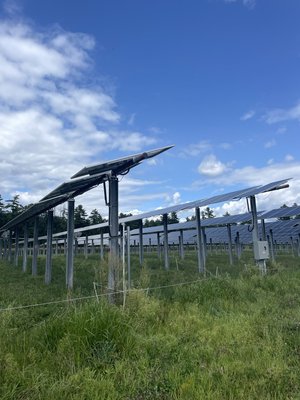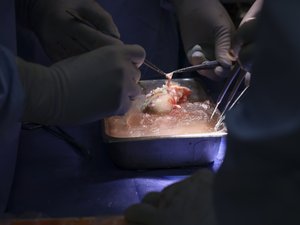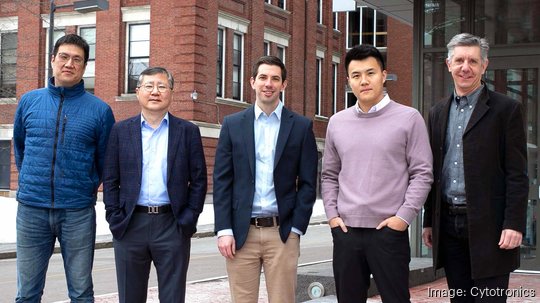
A Harvard spinout announced a $13.5 million second seed round led by a new investor in LYFE Capital and existing investor Anzu Partners. The Boston-based startup also added Sameer Rohatgi of LYFE Capital to its Board of Directors.
CytoTronics spun out of Harvard in 2021 and was founded by CEO Jeffrey Abbott. The company makes a “Pixel plate,” a microplate with either 96 or 384 tiny "wells" that are each embedded with semiconductor microchips at the base.
The microplates allow scientists to assess live cell functions in thousands of individual cells. The Pixel plates can generate unique data that allows academic or pharmaceutical researchers to monitor cell viability, morphology, electrophysiology and metabolism.
With the funding from the seed extension, the CytoTronics team is trying to launch its products and get them into the hands of early customers. According to CEO and founder Jeffrey Abbott, the company has 25 customers signed up to be early adopters in the beta program.
In addition to the Pixel plates, CytoTronics also makes desktop incubators it calls the “Primo” and “Octo,” which help cell cultures grow and can perform the readings of the Pixel plates.
- Sign up for The Beat, BostInno’s free daily innovation newsletter. See past examples here.
Abbott says the components needed for the Pixel plate are so small the manufacturing cost is relatively low.
“The off-chip electronics, and the instrument that it plugs into, is relatively simple, and therefore, we can manufacture it for relatively low cost,” Abbott said.
CytoTronics sells the Primo for $20,000 each, a lower cost compared to similar technologies that run from $100,000 to $200,000, according to Abbott. The Octo is larger, as the name implies; it can hold eight plates, is compatible with automation and screening equipment, and will be priced at an estimated $100,000 for the beta.
The startup is based in the South End and has 17 employees, but it is looking to move to Cambridge or the Seaport. With the seed extension, Abbott and the team want to expand and bring on more customer-facing and manufacturing roles.
“It's been a busy few years, but it is very exciting to see the products coming together and getting out into the marketplace,” Abbott said. “The reception of the marketplace, as well as the value proposition of the technology, has been really exciting for the team that's worked so hard over the last three years to bring it from the research we had worked on at Harvard to almost completely polished commercial product. So it's been very rewarding.”
